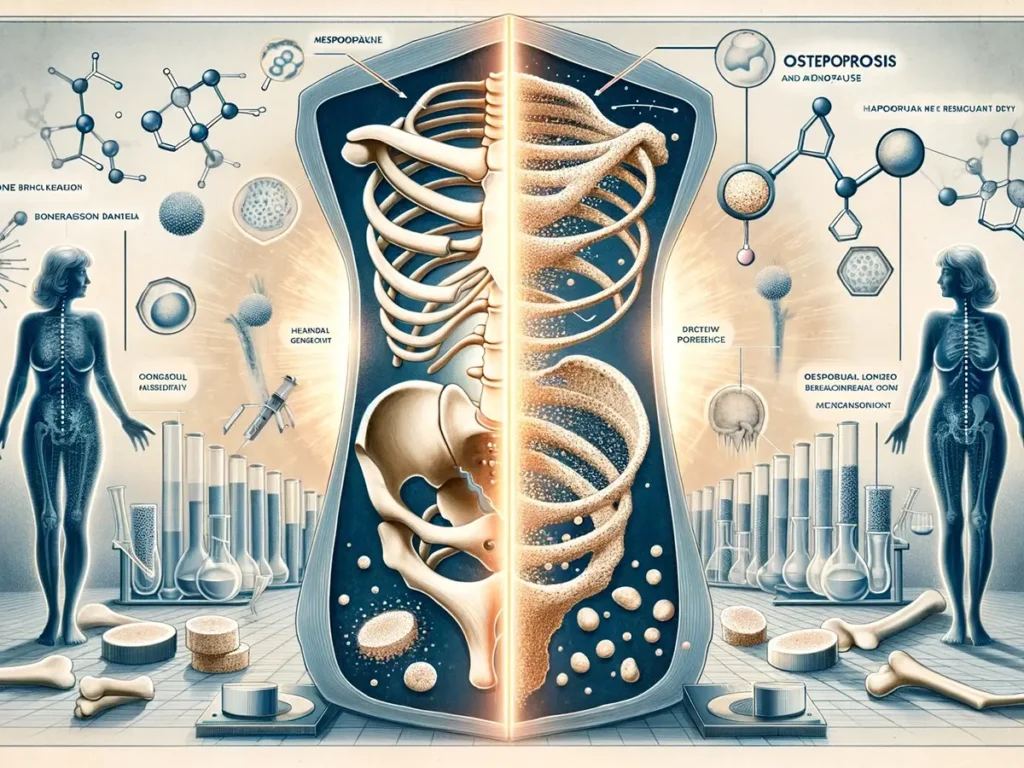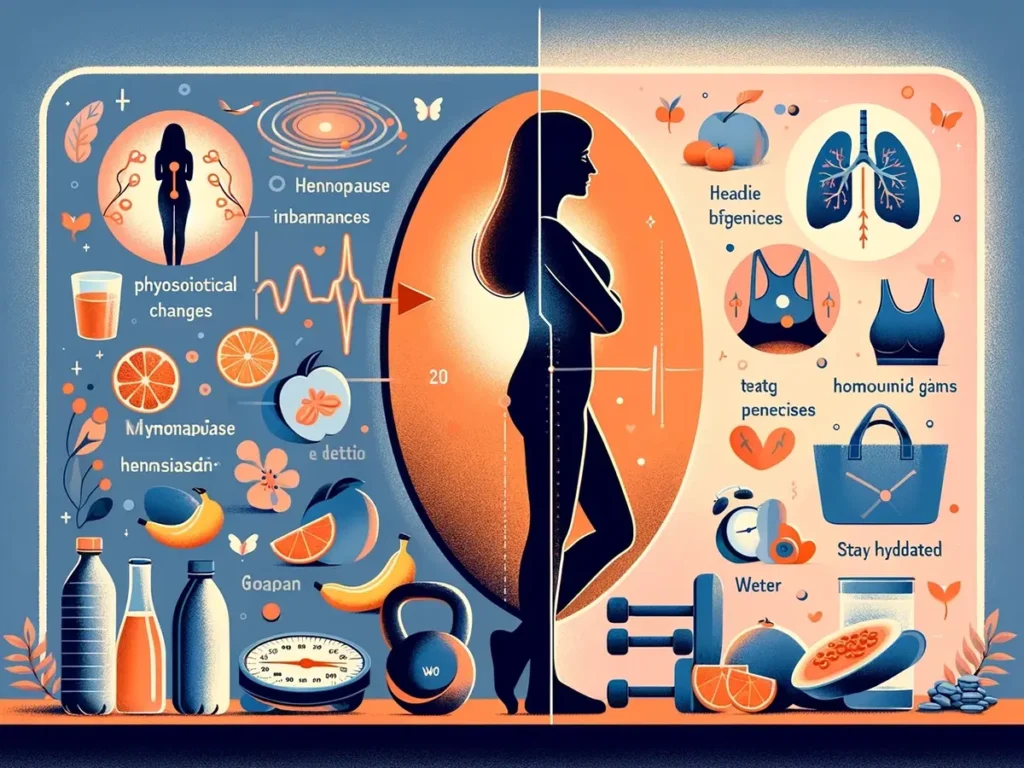Menopause is a natural phase in a woman’s life that brings about many changes in the body. While most people are aware of the more common symptoms of menopause, such as hot flashes and mood swings, many may not realize the impact it can have on their dental health.
During menopause, women experience a decrease in estrogen levels, which can lead to a variety of oral health issues. It’s important for women going through menopause to be aware of these changes and take steps to maintain their dental health.
1. Bone Loss
One of the main concerns for women in menopause is bone loss, also known as osteoporosis. This condition affects the bones in the body, including the jawbone. As a result, women may experience decreased bone density in their jaw, leading to tooth loss and other dental problems.
To prevent bone loss, women need to maintain a healthy lifestyle that includes a balanced diet rich in calcium and vitamin D, regular exercise, and avoiding smoking and excessive alcohol consumption.
2. Dry Mouth
Another common symptom of menopause is dry mouth, also known as xerostomia. This occurs when the salivary glands do not produce enough saliva, leading to a dry and uncomfortable feeling in the mouth.
Saliva plays a crucial role in maintaining oral health by helping to wash away food particles and neutralize acids that can cause tooth decay. Without enough saliva, women may be more prone to cavities, gum disease, and other oral health issues.
To alleviate dry mouth, women can try drinking plenty of water, using over-the-counter saliva substitutes, avoiding caffeine and alcohol, and using a humidifier at night.
3. Gum Disease
Changes in hormone levels during menopause can also increase the risk of gum disease. Estrogen helps to protect the gums and keep them healthy. When estrogen levels drop during menopause, the gums may become more sensitive and prone to inflammation and infection.
Women must maintain a good oral hygiene routine, including brushing twice daily, flossing daily, and visiting the dentist regularly. If symptoms of gum disease, such as redness, swelling, or bleeding, persist, it’s essential to seek professional dental care.
Overall, menopause is a time of change for women, both physically and emotionally. By being aware of the potential impact on dental health and taking proactive measures, women can maintain a healthy smile during this phase of life.






